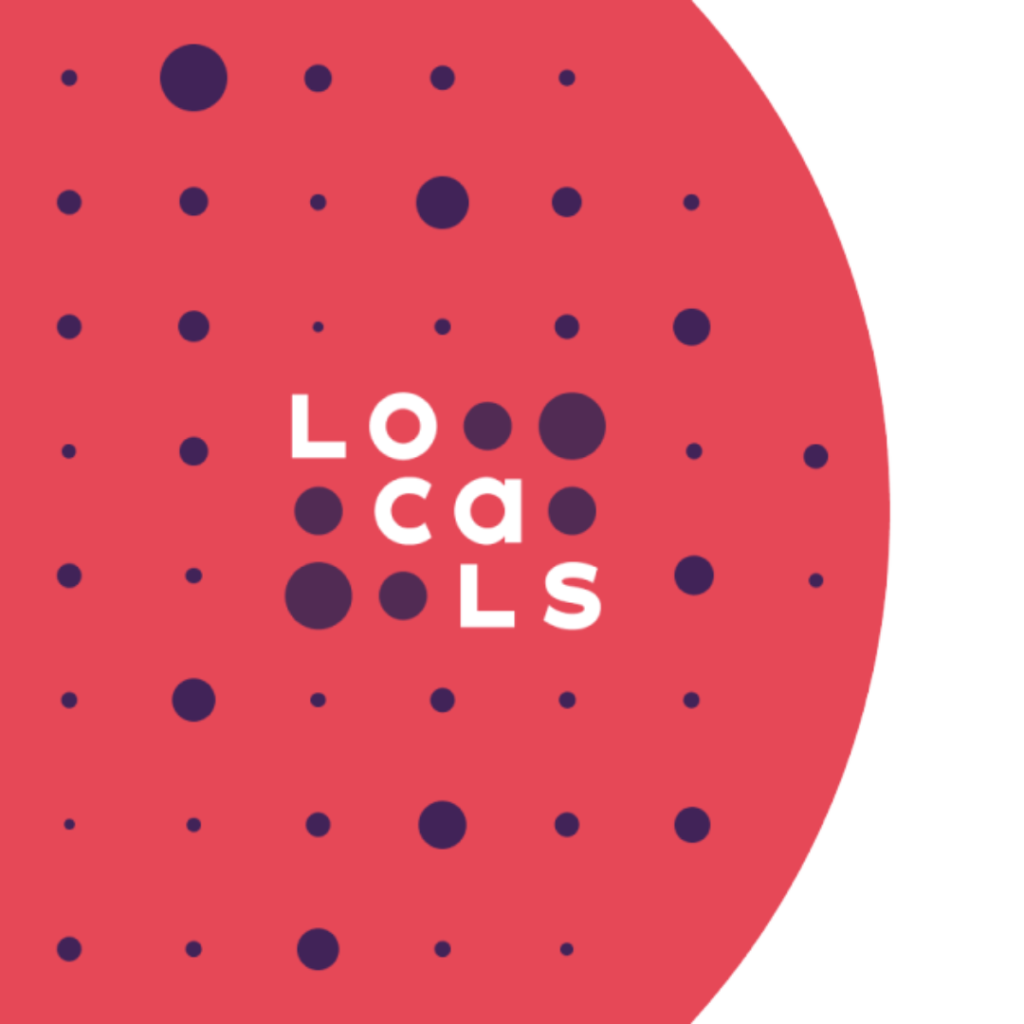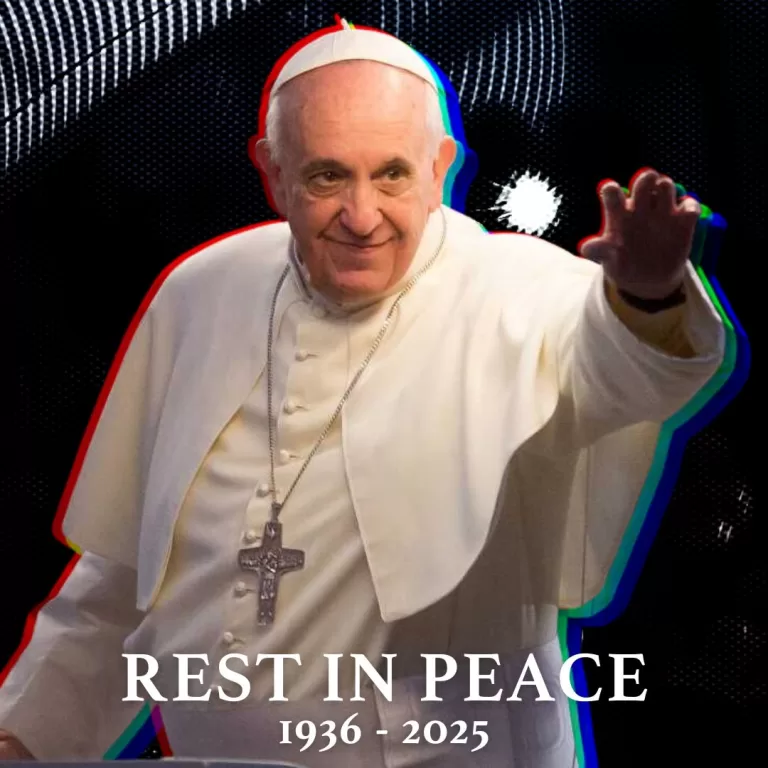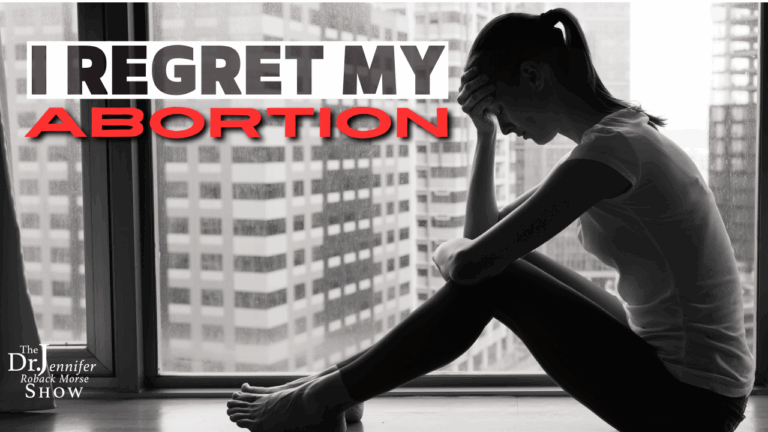I decided to break this very long post up into three parts. this is part 2 analyzing this interview with Lisa Miller, and the significance of the Miller Jenkins case for whether we really ought to go careening over the cliff and redefine marriage. See Part 1 and Part 3.
This case is particularly relevant to the question we considered a couple of days ago on this blog:
who counts as a lesbian? In this case, Lisa Miller comes across as a confused person, a deeply unhappy person, but not a lesbian.
“I had actually identified myself as a lesbian a couple of years before meeting Janet, and it was through a process – I was hospitalized 14 years ago for an alcohol addiction and it was when I was in the hospital the first time for that which was in February of 1994 that I had a failed marriage and I had also tried to commit suicide and that was how I got a trip to the hospital. …Janet and I did not have a typical relationship. We were together – however, there was rarely any intimacy. Maybe once or twice a year and this was consistent throughout the relationship. I personally did not feel that way. This upset Janet a great deal and a lot of the abuse centered around that, as well, with name-calling and things like
https://www.lifesitenews.com/news/exclusive-interview-with-lisa-miller-ex-lesbian-fighting-for-custody-of-own-child-against-civil-union-partner/
that. I just didn’t feel that way. For me, being with her, and this is going to sound weird, but it was like a comfort zone because I was used to being abused growing up – it was something on a regular basis….I did have a relationship with a woman and we lived together for almost two years – more friendship, on and off relationship but we were room-mates as well. After that was a failed relationship, I ended up leaving that relationship and I had just resigned myself to the fact that this was not for me, I am not a lesbian…”
I’m having a hard time understanding how people can say with such confidence that sexual orientation is an unchangeable characteristic, comparable to race. I’m having an even harder time understanding how the legal profession can even consider creating a protected class around something like sexual orientation, when its definition is so contentious, that this poor woman has bounced in and out of self-identifying as a lesbian. I don’t deny that some people experience their sexual orientation as fixed. But quite obviously, some people don’t. what exactly is the law supposed to do with a category like that? Chairm’s comment and here from a couple days ago about the (non)parallels with racialism are particularly germane here as well.
About the Ruth Institute
The Ruth Institute is a global non-profit organization, leading an international interfaith coalition to defend the family and build a civilization of love.
Jennifer Roback Morse has a Ph.D. in economics and has taught at Yale and George Mason University. She is the author of The Sexual State and Love and Economics – It Takes a Family to Raise a Village.
To get more information or schedule an interview with Dr. Morse, contact media@ruthinstitute.org.





